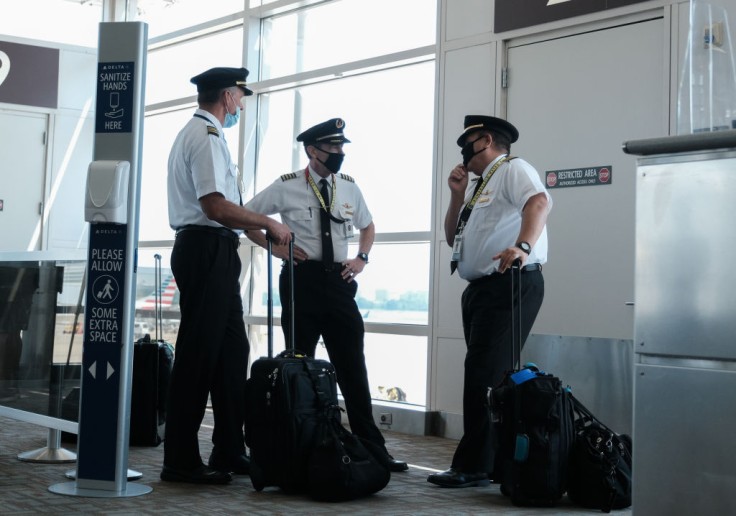
The U.S. House Committee on Transportation and Infrastructure voted in favor of raising the mandatory retirement age for commercial airline pilots from 65 to 67.
The decision comes as the aviation industry continues to grapple with a persistent shortage of pilots.
The proposal, included in the legislation to reauthorize Federal Aviation Administration (FAA) programs for the next five years, has garnered both support and opposition, with concerns raised about its potential impact on safety and labor agreements.
Pilot Retirement Age Increase Aims to Address Pilot Shortage
The House committee's decision to raise the pilot retirement age is seen as a potential solution to the ongoing pilot shortage issue faced by the aviation industry.
Representative Troy Nehls, a Republican, highlighted that while commercial airline pilots are currently mandated to retire at 65, they can continue to fly corporate and charter jets beyond that age, according to Reuters.
The proposed change seeks to retain experienced pilots and alleviate the shortage that has been further exacerbated by the challenges posed by the COVID-19 pandemic.
The Regional Airline Association (RAA), which represents smaller carriers feeding major airlines, has praised the move, emphasizing that raising the pilot retirement age would help keep experienced pilots, particularly captains, in service.
The RAA has noted that numerous airports have experienced a significant reduction in air service, with over 400 airplanes grounded due to a lack of pilots.
They argue that increasing the retirement age would help address this issue and maintain the necessary workforce to meet the growing demands of the industry.
Opposition from Unions and Safety Concerns Surround Proposal
Despite the perceived benefits, the proposal to increase the pilot retirement age faces opposition from the Air Line Pilots Association (ALPA), the largest pilot labor union in the country.
The ALPA, which represents aviators at major carriers such as Delta and United, has expressed concerns about potential scheduling and training issues that could arise if the retirement age is raised, according to The Wall Street Journal.
They also point out that international regulations would still restrict pilots older than 65 from flying in most countries outside the United States.
The ALPA released a statement, criticizing the decision as a "politically driven choice" and claiming that it undermines the understanding of airline industry operations, the pilot profession, and safety.
They argue that careful consideration should be given to the potential impacts of changing the statutory pilot retirement age, including consultations with agencies responsible for safety and a thorough study of the proposal's implications.
Read Also: Arizona Mother Falls Victim To AI Voice Cloning Scam That Faked Her Daughter's Kidnapping
Uncertain Fate in the Aviation Industry
As reported by CNBC, while the House committee approved the inclusion of the pilot retirement age increase in the FAA reauthorization bill with a unanimous vote of 63-0, its fate remains uncertain.
The bill will now proceed to a vote in the full House, and it remains to be seen whether the retirement age provision will be part of the final version or if it will successfully pass both chambers of Congress.
The upcoming U.S. Senate committee's consideration of their version of the FAA measure, which currently does not include the pilot age hike, adds further uncertainty to the future of the proposal.
The differing positions between the House and the Senate will need to be reconciled during the legislative process, raising questions about the ultimate outcome of the pilot retirement age increase.
As the debate continues, the aviation industry closely watches these developments, recognizing the potential implications for pilot recruitment, labor agreements, and overall safety standards.
Stakeholders from both sides will continue to advocate for their respective positions, emphasizing the need for a comprehensive and informed approach to address the pilot shortage while ensuring the highest levels of safety within the industry.
The fate of the proposal remains uncertain as it progresses through the legislative process, prompting stakeholders to closely monitor the developments that will shape the future of the pilot retirement age in the United States.